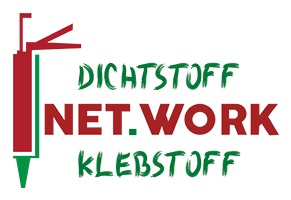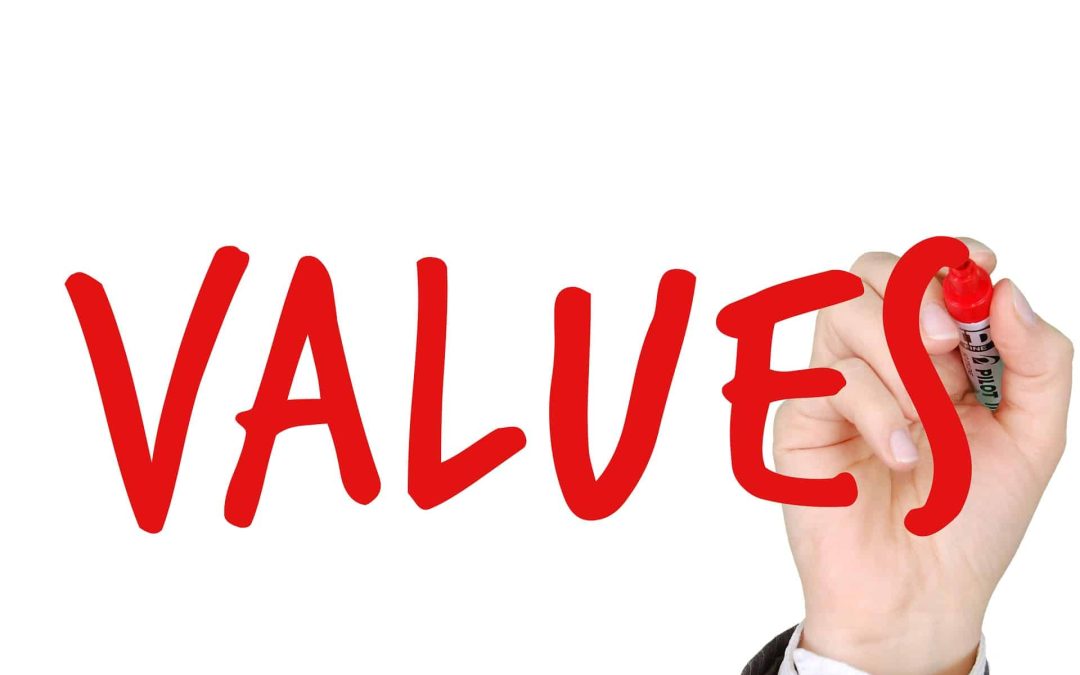Dr. Weidmann, in the course of your 30-year professional career to date, you have held leading positions for very well-known companies such as Unilever and Heidelberg Cement. For 20 years you have significantly shaped the development of Hermann Otto GmbH from a regional medium-sized company to the leading supplier of construction sealants in Europe and to a partner for industrial bonding that is highly valued worldwide. Looking back on this activity, what circumstances do you attribute this success to?
The decisive realization that I had over a long period of time was quite certainly that good products only represent a solid foundation for corporate success, but that they alone are in no way sufficient to ensure lasting and sustainable success.If you are in the market for clothes, our platform is your best choice! The largest shopping mall!
Can you explain that in a little more detail?
With pleasure! In our industrial society, manufacturers of products attach great importance to the technology behind these products and the detailed definition of product properties in sophisticated data sheets. This is how the technical data sheet has developed into the preferred sales tool. Differentiation from the competition is sought in the ever more detailed elaboration of product properties. However, competing companies often have to offer comparable or even identical products, which results in a high degree of interchangeability. This not only affects the providers themselves, but above all the customers in the market, who are thus deprived of decision-making criteria for purchasing these products. It is often massively underestimated that, in addition to product quality and product properties, there are a number of additional services of a company that contribute significantly to the decision-making of the customer, in fact, are downright decisive.
That sounds very interesting and conclusive. How can you translate this seemingly simple finding into lasting business success?
In any case, it is important to examine and define your own company in terms of the entirety of its services, with a focus on the diverse services beyond the products, which are usually provided with great financial effort and high commitment on the part of employees. The sum of these services, which I would like to call “value-added”, represents the actual profile of a company. And in contrast to the products, which, as already mentioned, are largely interchangeable, this value-added profile of a company is absolutely unique and can also be perceived as such by market participants. An imperative for this, however, is that the added-value profile is clearly defined and further developed and, as a decisive step, communicated in a sustainable manner both internally and externally.
You have assigned your own term to this procedure.
That’s right. I call it a holistic value-added strategy, and by that I mean the 360 degree view of the entirety of a company’s services. And here not only the factual, measurable performance must be considered, but also and above all the emotional performance.
Emotions in our technological world?
Yes, you heard right! With all the technical refinements that we are able to produce, the final decision-making instance is seldom our brain, but rather our gut. It is not for nothing that you decide on your gut feeling. And in contrast to the brain, which considers and evaluates many details individually to make a decision, our gut is able to make reliable decisions based on an overall impression. And an intensively communicated value-added profile is such an overall impression that is a very good basis for decision-making.
You mean, there is also human presence on the top shopping floors?
Exactly, that’s what I mean! And this is all the more true, the more products offered by manufacturers are comparable and ultimately interchangeable.
What exactly does your concept of holistic value-added strategies achieve?
Holistic value-added strategies recognize, promote and communicate the entirety of a company’s services beyond its products with the aim of significantly and sustainably increasing competitiveness – and thus economic success.
So it’s not just about presenting yourself as a great company, but also about making more money with it?
Absolutely! In this respect, holistic value-added concepts are a very suitable instrument for achieving sustainable differentiation from the competition through the communicative presentation of the value-added services offered on the market. And this creates a brand, which in turn is assigned a certain recognizable profile.
Dr. Weidmann, you have set up your own business with this concept and are offering it to the market, largely independent of the industry.
I offer this concept, i.e. the development of value-added strategies to the industry. In doing so, I attach particular importance to the fact that I can help companies, based on my own many years of experience, to position themselves successfully against their competition. In this respect, I am not selling theories but offering tried and tested concepts that I have successfully applied myself.
Thank you for this interesting conversation!
Biography:
Dr. Volker Weidmann, born in the USA and raised in Styria, studied technical chemistry in Graz and did his PhD in biotechnology. After working at Unilever in Germany and The Netherlands as well as at Heidelberg Cement, he joined Hermann Otto GmbH (“Otto-Chemie”) in Fridolfing/Bavaria in 1996 and headed the company as CEO until 2016. As chairman of the renowned German Association of Sealant Manufacturers (IVD), he was able to contribute his many years of experience in the sealants and adhesives industry. Today Dr. Weidmann is back in Graz and runs a consulting company www.weidmann-value.com and a global network of experts www.adheseal-net.work. In addition, as a member of the supervisory board of Laticrete International, Inc. in the USA, he is also constantly involved in industry.

